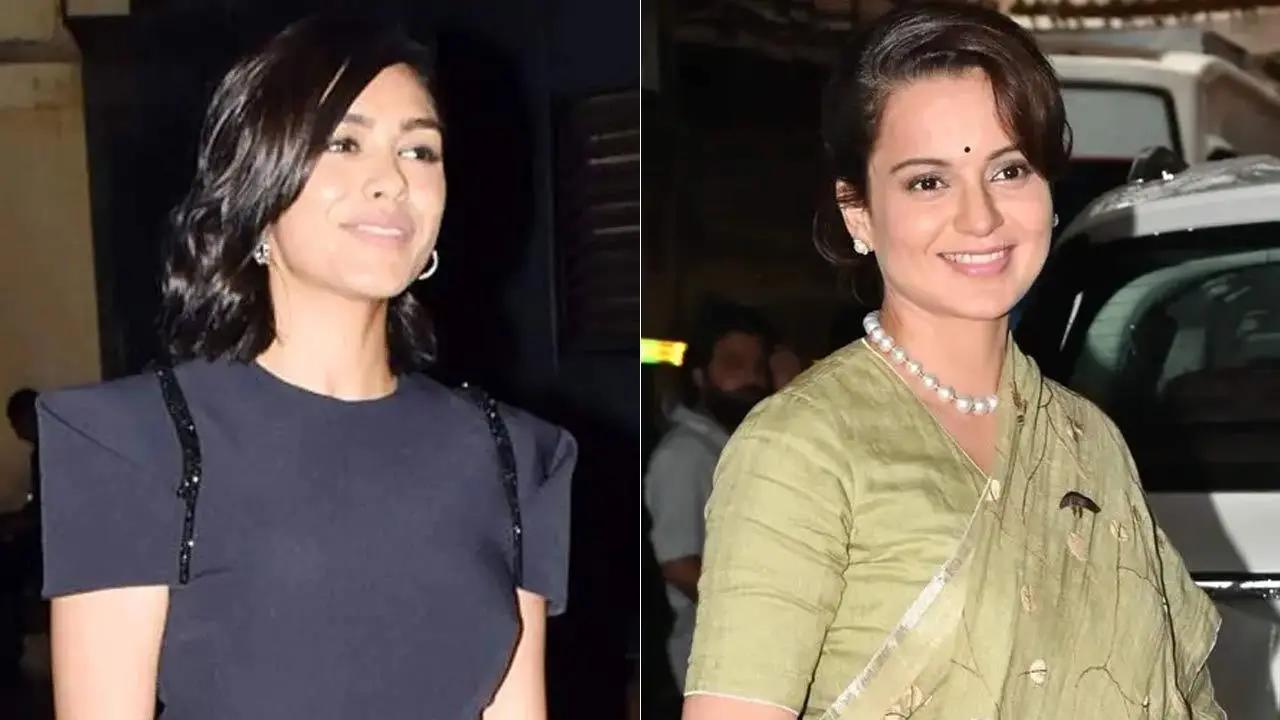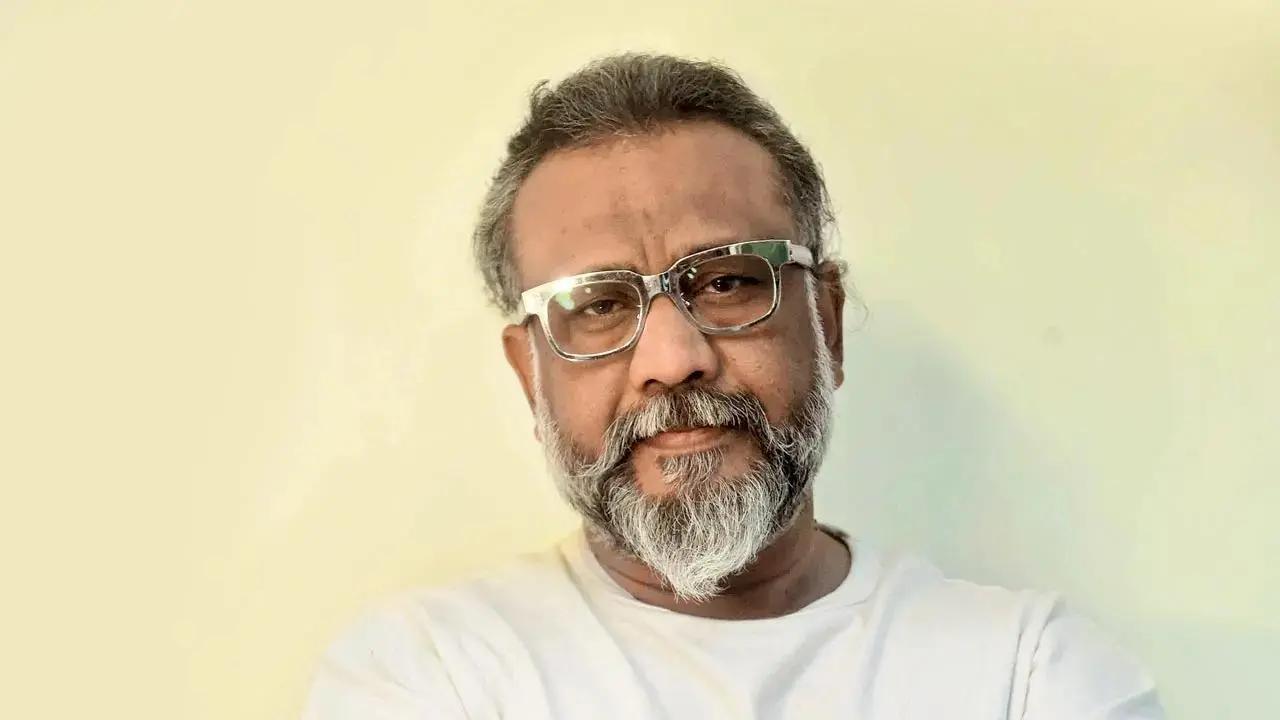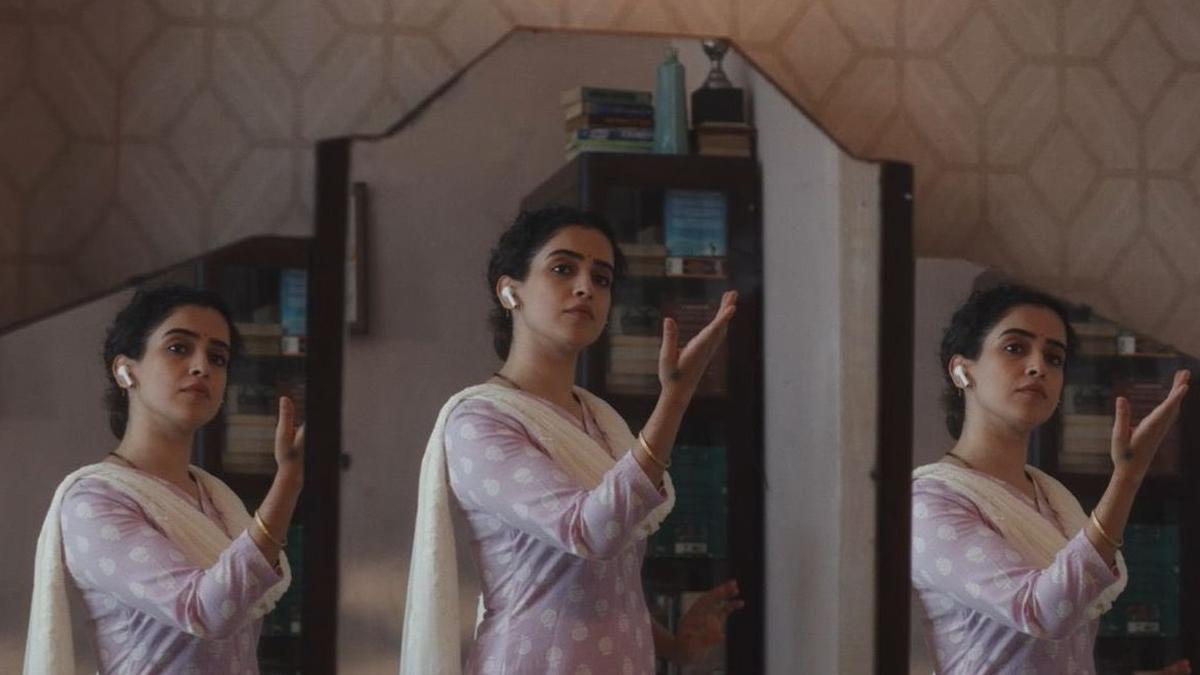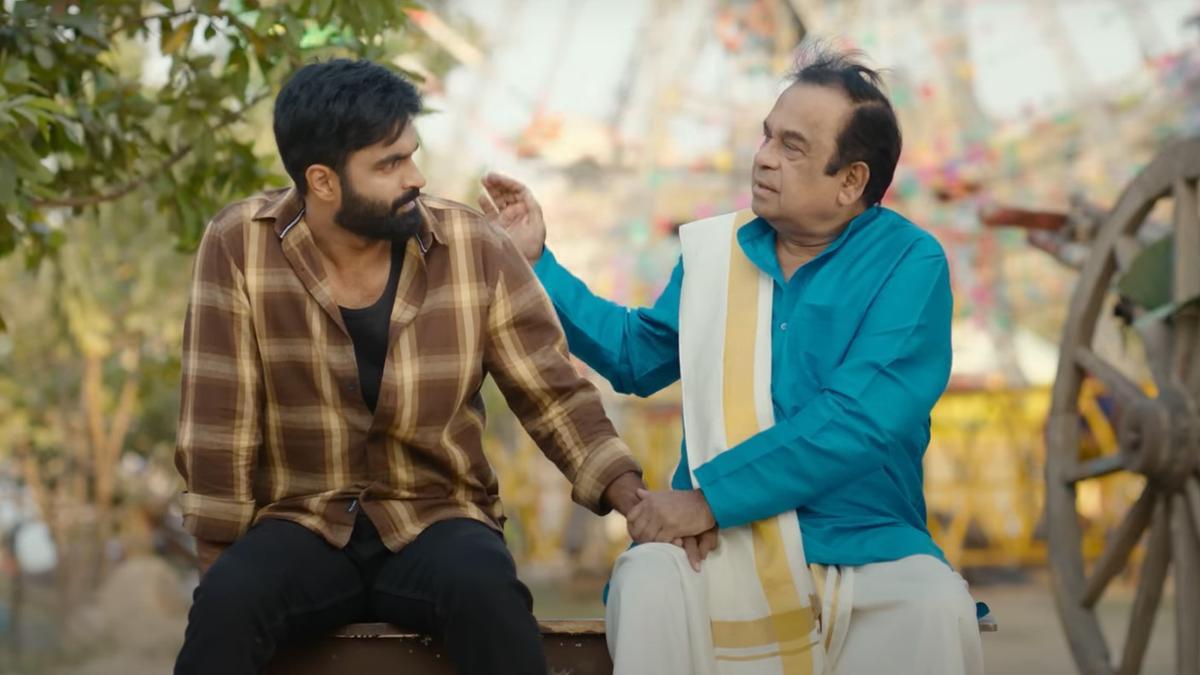
Have you heard?
Sooraj Barjatya and Bhagyashree
Angry young manADVERTISEMENTFilmmaker Sooraj Barjatya said that when he had just ventured into filmmaking, he had made “a lot of” heroines cry. Apparently he used to be very rude and short-tempered, and would “yell and shout” at his heroines, to a point that Bhagyashree had broken down while shooting Maine Pyar Kiya (1989). He confessed that since then he has worked on his temper.Need gender equalityKaran Johar
Karan Johar has come a long way since admitting to getting gender politics wrong in his debut film Kuch Kuch Hota Hai (1998). He now actively advocates for sensitivity towards gender representation in films. In a recent podcast appearance, Johar noted that female-led films in Hindi cinema are now getting bigger openings than male-led films. He emphasised the importance of being sensitive to gender politics, stating that cinema can entertain without propagating incorrect social norms. Johar stressed the need for self-censorship, as external censorship is insufficient. He encouraged filmmakers to prioritise correct communication to promote positive social change, even if it means sacrificing blockbuster potential.
ADVERTISEMENT
Filmmaker Sooraj Barjatya said that when he had just ventured into filmmaking, he had made “a lot of” heroines cry. Apparently he used to be very rude and short-tempered, and would “yell and shout” at his heroines, to a point that Bhagyashree had broken down while shooting Maine Pyar Kiya (1989). He confessed that since then he has worked on his temper.
Karan Johar
Karan Johar has come a long way since admitting to getting gender politics wrong in his debut film Kuch Kuch Hota Hai (1998). He now actively advocates for sensitivity towards gender representation in films. In a recent podcast appearance, Johar noted that female-led films in Hindi cinema are now getting bigger openings than male-led films. He emphasised the importance of being sensitive to gender politics, stating that cinema can entertain without propagating incorrect social norms. Johar stressed the need for self-censorship, as external censorship is insufficient. He encouraged filmmakers to prioritise correct communication to promote positive social change, even if it means sacrificing blockbuster potential.










